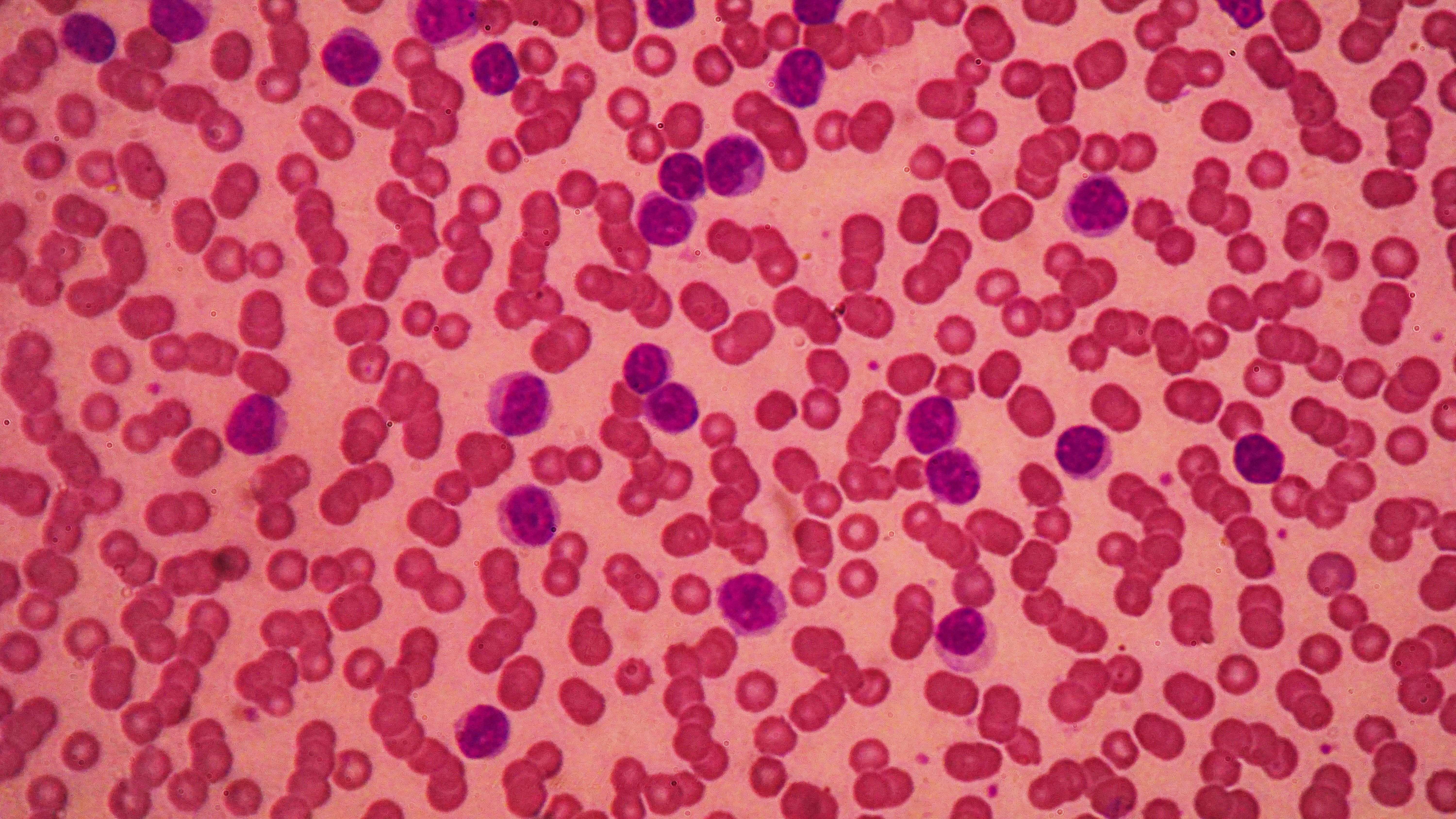
Leukemia
Latest News
Latest Videos

CME Content
More News
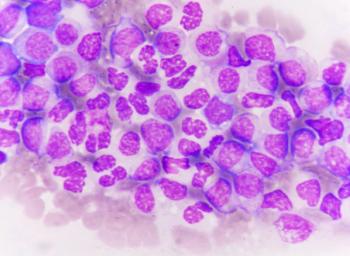
Sustained improvements in leukemia outcomes in low- and middle-income countries are feasible with cross border programs, according to an expert from the University of California, San Diego.
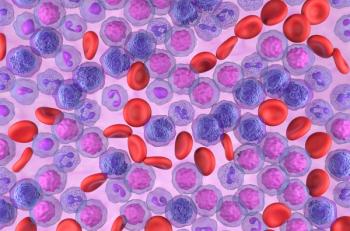
Voruciclib plus venetoclax appears to yield no dose-limiting toxicities in a small population of patients with acute myeloid leukemia, according to early findings from a phase 1 study.

Rates of relapse and worse survival were associated with persistent FLT3-ITD or NPM1 variants prior to allogeneic hematopoietic stem cell transplant for patients with acute myeloid leukemia.

Asciminib does not appear to interfere with the general life activities of patients with resistant/intolerant chronic phase chronic myeloid leukemia in the phase 3 ASCEMBL trial.

China’s National Medical Products Administration has also approved zanubrutinib as a treatment for patients with Waldenström macroglobulinemia based on findings from the phase 3 ASPEN trial.
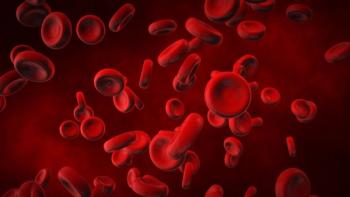
The novel radiotherapy Iomab-B prolongs survival and improves clinical outcomes among patients with relapsed/refractory acute myeloid leukemia, according to data from the phase 3 SIERRA trial.

The FDA extends the Prescription Drug User Fee Act date to July 24, 2023 for quizartinib in the management of newly diagnosed FLT3-ITD mutation–positive acute myeloid leukemia.
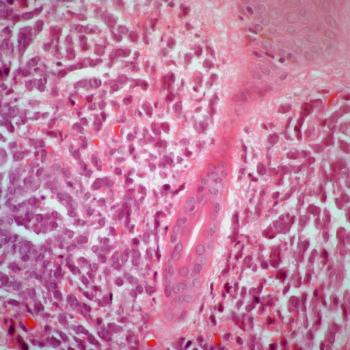
Despite an improvement in disease-free survival, patients 60 years or over with acute myeloid leukemia do not appear to have a survival benefit from allo-HCT during first complete remission compared with consolidation chemotherapy.

Jun J. Yang, PhD, reviews the use of ex vivo drug sensitivity profiles and in vivo early treatment response for patients with acute lymphoblastic leukemia.

Investigators highlight the importance of building partnerships between CAR T-cell centers and external hospitals to increase treatment referrals and access to clinical trials for patients with B-cell acute lymphoblastic leukemia.

A patient with GVHD chronicles his treatment experience, and GVHD experts share thoughts on how to approach treatment.

Experts on graft-vs-host disease offer clinical insights for clinicians treating patients with GVHD.

Experts discuss findings presented at ASH 2022 regarding chronic lymphocytic leukemia, and how they can be applied to clinical practice.

A panel of experts from Moffitt and Mayo discuss newly published data from the 2022 American Society of Hematology (ASH) Annual Meeting and Exposition.

An esteemed panel of experts overviews new approaches being explored for treating graft-vs-host disease.
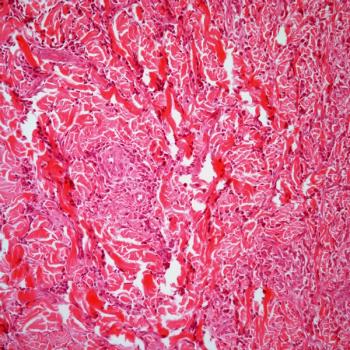
EP0042 shows promising early clinical efficacy in patients with pretreated acute myeloid leukemia, according to investigators.

Further research is necessary to determine whether regular DNA sequence testing for residual disease variants in patients with acute myeloid leukemia can improve outcomes.
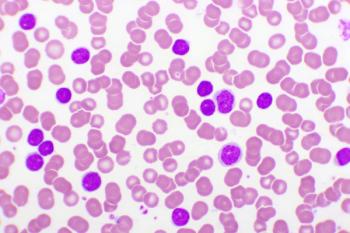
Adult patients with chronic lymphocytic leukemia in the European Union can now receive treatment with acalabrutinib tablets.

The panel shares their thoughts on sequencing the available therapies in patients with CLL.

A qualitative, interview-based analysis identified 7 distinct roles played by hematologists relating to shared decision making for patients with advanced lymphoma or leukemia.

Data from the European phase 1 MB-105 trial indicate that the safety profile of annamycin in geriatric advance acute myeloid leukemia are consistent with previously reported findings.
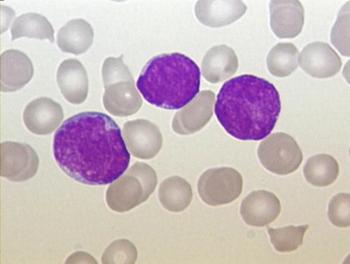
An expert from the University of Texas MD Anderson Cancer Center says that ponatinib plus reduced-intensity chemotherapy may be a new standard of care for frontline Philadelphia chromosome–positive acute lymphoblastic leukemia.

Talha Badar, MBBS, MD, discussed ongoing trials in the treatment of chronic myeloid leukemia in chronic phase, as well as his hope for future therapies in the space.

Talha Badar, MBBS, MD, discussed how results from the phase 3 ASCEMBL study of asciminib will impact clinical practice in treating chronic myeloid leukemia in chronic phase.

Talha Badar, MBBS, MD, discussed the unmet needs in the treatment of chronic myeloid leukemia in chronic phase.



